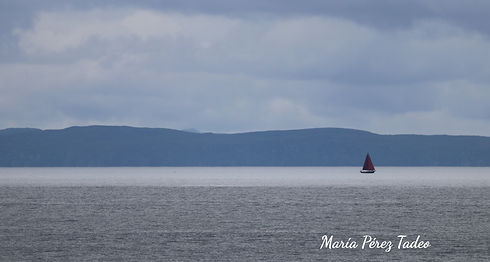The Marine and Freshwater Research Centre presents:
Join the Pod webinar series


Join passionate researchers as they strive to learn more about the environment and engage in ecosystems and species conservation.
Jump in the first series of talks as we start exploring the world of marine mammal research, and stay tuned to discover even more in the following ones !


Summer Break
We are taking a break for the fieldwork season but we will be back in September with more marine mammal episodes! We already have some great topics lined up so make sure to subscribe to our YouTube channel and e-mails to keep up to date with us.
In the mean time, check out our previous episodes where we have covered a diverse range of topics including species specific webinars on seals and harbour porpoise to technique specific webinars on drones and gliders!

Morgane Pommier


Research at the MFRC
There is a diverse range of research being conducted at the Marine and Freshwater Cenre in ATU focusing on sustainability, biodiversity and productivity. From sea, to freshwater and land habitats, animals such as crustaceans, fish, marine mammals and birds are being studied using an array of methodologies.
Season 1 of "Join the Pod":
Marine Mammal Research for Conservation
This first series will introduce you to some of the diverse marine mammal life in Irish waters.
Engaging with the community is a crucial step towards ocean preservation. Here, we want to break the scientific wall and showcase the marine mammal research being conducted in ATU and how it can inform conservation action. As the series progresses, we hope to broaden this perspective to include research being done by our colleagues internationally.



